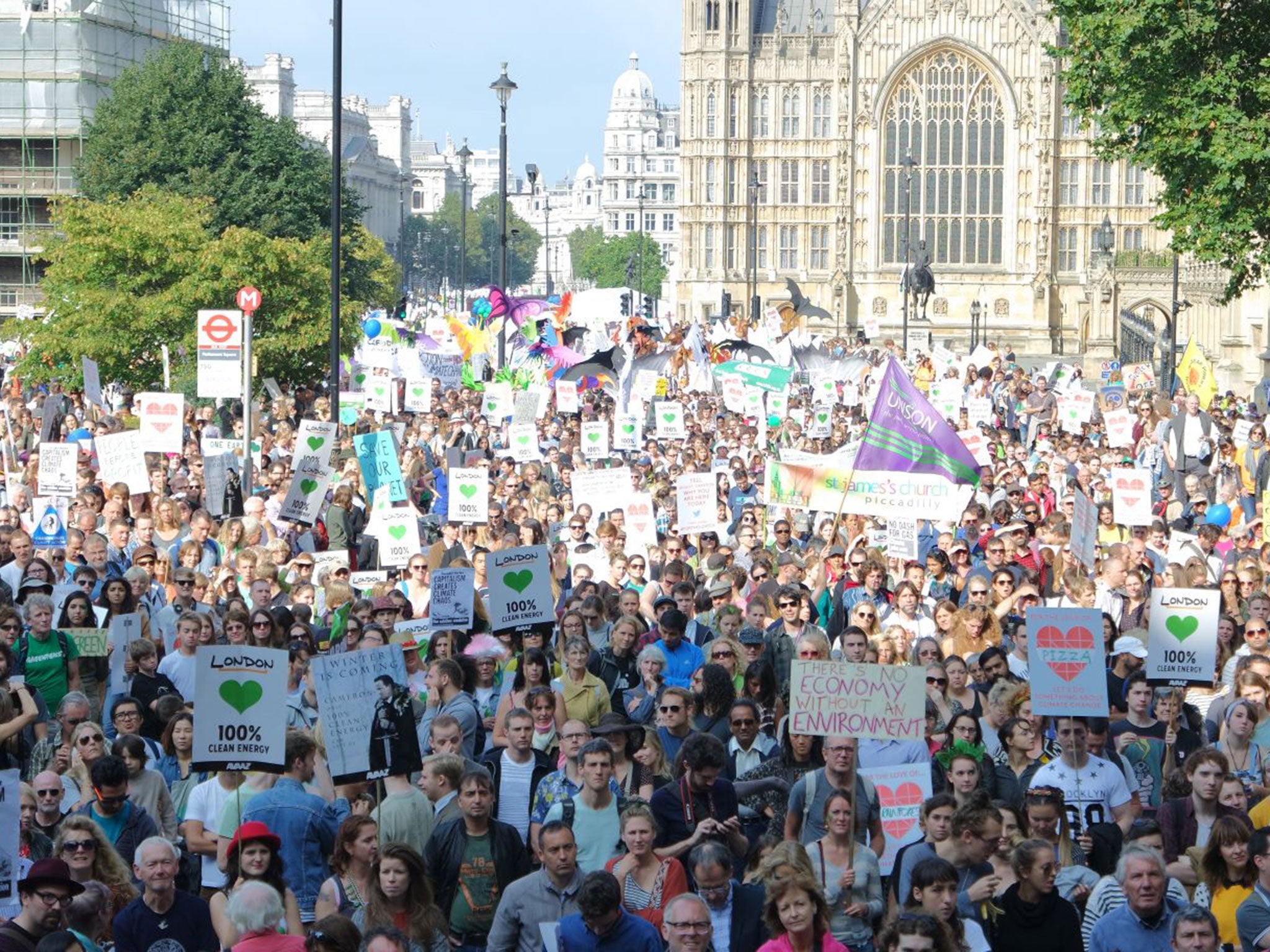World needs an 'International Court on the Environment', International Bar Association says
We need new laws to preserver people's right to a healthy environment

Your support helps us to tell the story
From reproductive rights to climate change to Big Tech, The Independent is on the ground when the story is developing. Whether it's investigating the financials of Elon Musk's pro-Trump PAC or producing our latest documentary, 'The A Word', which shines a light on the American women fighting for reproductive rights, we know how important it is to parse out the facts from the messaging.
At such a critical moment in US history, we need reporters on the ground. Your donation allows us to keep sending journalists to speak to both sides of the story.
The Independent is trusted by Americans across the entire political spectrum. And unlike many other quality news outlets, we choose not to lock Americans out of our reporting and analysis with paywalls. We believe quality journalism should be available to everyone, paid for by those who can afford it.
Your support makes all the difference.A new human "right to a healthy environment" needs to be enshrined in law – and a new International Court on the Environment set up to enforce it – to help poor communities seek "climate change justice" against companies and countries that harm them by accelerating global warming.
That is the recommendation of the International Bar Association (IBA), the legal profession’s global representative group, following an in-depth study into the provision of law to fight climate change.
The legal system is woefully unprepared to help the world reduce the greenhouse gas emissions that are exacerbating climate change, and to remedy their consequences, the report found.
“Existing legal mechanisms addressing mitigation, adaptation and remediation of climate change are failing to cope with the scale of the global issue and its wide-ranging impact on individuals, leaving climate change justice issues unaddressed. That climate change raises concerns of ethics and justice is now without question,” said IBA president Michael Reynolds.
The report points out that human rights law does not traditionally provide individuals with any remedy against climate change. It calls for a complete overhaul of legal, regulatory and institutional rules to help states, companies and individuals to, for example, more readily access courts to obtain judicial orders to limit further greenhouse gas emissions and provide remedies for victims of climate change impacts, such as rising temperatures or sea levels.
This is a huge task that will largely need to be done from scratch. Among other things, it will involve identifying the “actionable rights” that will determine which climate change transgressions lie within the scope of the court, establishing appropriate standards for proving a legally cognisable causal link between greenhouse emissions and relief sought, and developing methods for awarding remedies.
The report also calls for economic subsidies to be overhauled in favour of climate-friendly technologies and against fossil fuels.
But by far the most groundbreaking recommendations concern the establishment of a “new universal human right to a safe, clean, healthy and sustainable environment” and the “creation of a new international dispute resolution structure for climate change issues, including a new specialist International Court on the Environment”, the IBA said.
The report finds that the consequences of climate change will be felt most keenly by the developing world – which is far less responsible for creating the problem than the developed countries and much less able to respond to it.
“Climate change will strain the ability of many states, especially the poorest among them, to uphold their human rights obligations. Climate change poses an effective obstacle to the continued progress of human rights,” said the report.
“The IBA intends to shift the focus of much-needed reform from purely economic and scientific considerations to the human rights and equity consequences of climate change,” it added.
Separately, new research shows that 423m people living in the 30 countries most at risk from the impact of climate change are already living on the edge of subsistence, surviving on 77p a day. They represent 44 per cent of the most at-risk people in the world, according to the research by the Catholic Agency for Overseas Development.
Join our commenting forum
Join thought-provoking conversations, follow other Independent readers and see their replies
Comments